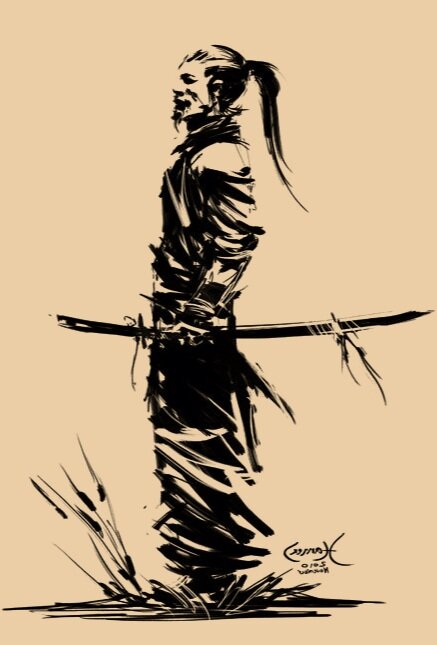“Know thy self, know thy enemy. A thousand battles, a thousand victories.”
During my classes and workshops, when introducing the term waste, I often hear: “are you saying my job is waste?” or “I think what I do is important, why do you feel it’s waste.” These are strawmen. The discussion of waste should trigger a re-examination of value. Then the waste part is easy.
To fight waste, we first need to define it. We need to know and understand the enemy.
I define waste as
any activity that does not contribute to why the thing exists
This definition results in existential questions. Why do I exist? Why do families exist and why do companies exist? Let us try the easiest one: Why do companies exist?
Most companies exist to make its’ shareholder money. Therefore, waste can be defined as: Anything that does not contribute directly to making shareholders money. Money is what shareholders value and why they invest in companies. But that sounds greedy, so we call it shareholder value instead. Sounds better
Contrary to conventional wisdom, it is not about making the customer happy, it’s about making the shareholder money. If a company can make the maximum amount of money without a single customer, they would.
Does it then follow that customers are waste? No. Customers pay money for a product or service; therefore, they are valuable. However, anything that takes away the shareholders money is waste: Employees, Buildings, even the CEO.
If Amazon can design an AI that eliminated all employees including the CEO, they would. Because human “resources” are the biggest expense and takes away from the shareholders “value”.
If this all seems ruthless, it is after all, war. But the culprit is not waste, it is how we define value.
According to Mike Rother, author of Toyota Kata, Toyota values above all else “Making good products for its Customers.” It follows that Toyota defines any activity that is not directly contributing to the creation of good products for its customers as waste. Many companies who have been trying to imitate Toyota’s processes and procedures for eliminating waste should start with seeing if they value the same thing as Toyota.
Richard and Mourice valued above all else giving their customers A delicious product in the shortest amount of time possible. In 1948, they were the original lean experts before lean had a name. They could give you a delicious burger, fries, and drink in 30 seconds while their competition would take 20 minutes. Their new partner, Ray, values something else: Growth and Capital. The difference in values was the source of their tension and ultimate separation. One viewed using powdered ice cream as waste and sacrilegious while the other viewed not using it as waste.
The value shift is already happening
As a thought experiment, rather than companies existing to maximize profit, imagine a world where companies existed to further exploration. Then waste would be any activity that does not contribute to bold exploration.
Companies that value furthering humanity of the environment are not new and are not limited to SpaceX. The Impact Investing industry is nearly a trillion dollars a year.
“Impacting investing aims to generate specific beneficial social or environmental effects in addition to financial gains.”
A beautiful example
The shift is not limited to companies. I have been lucky over the years to work and meet with some amazing people. One of them is a founder and CIO named Andrea. At the height of his career and power, he decided to shift gears entirely to work with organizations that want to solve difficult problems that impact humanity.
Andrea, and those like him personify the following quote:
“To yield to Resistance deforms our spirit. It stunts us and makes us less than we are and were born to be”
